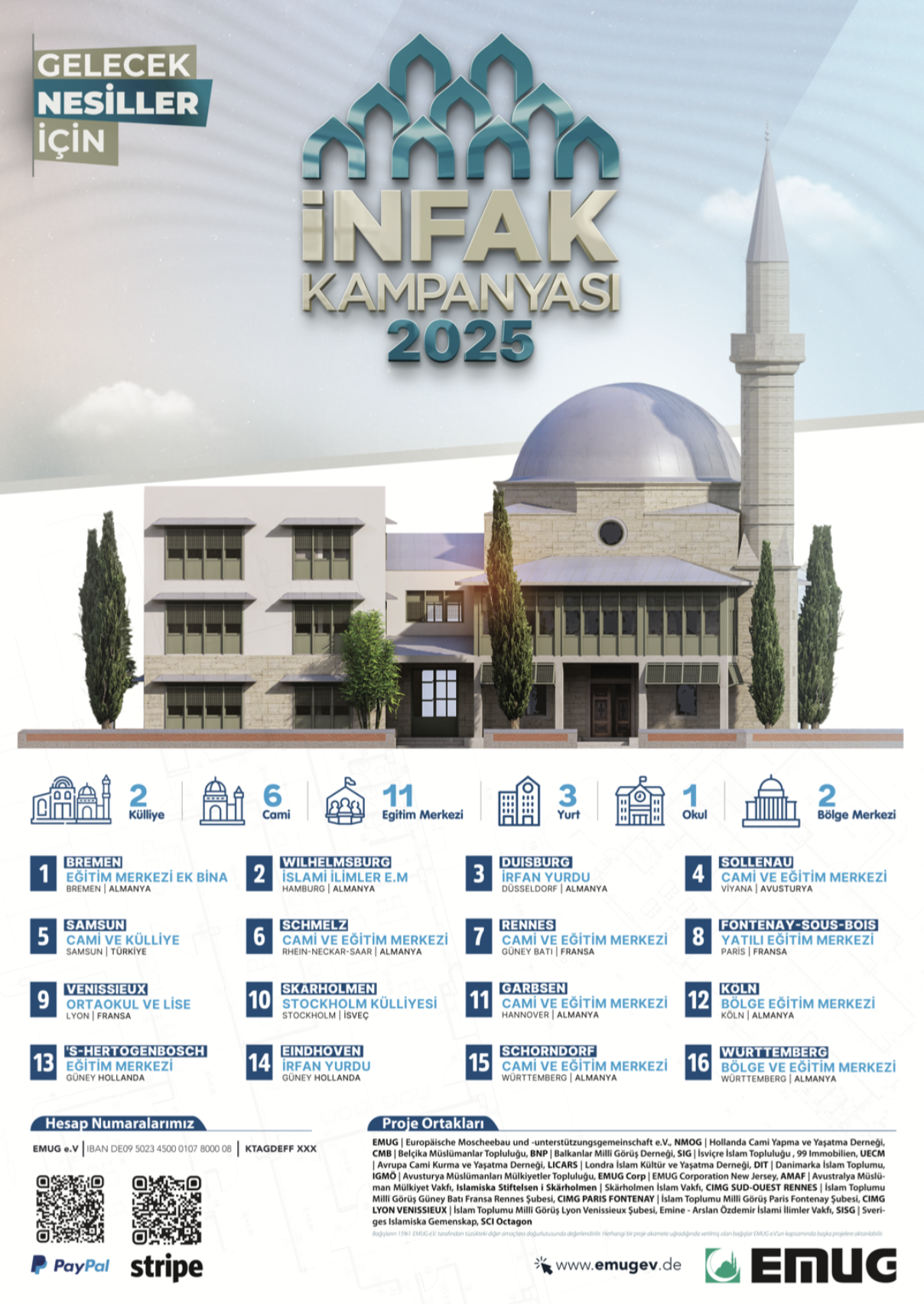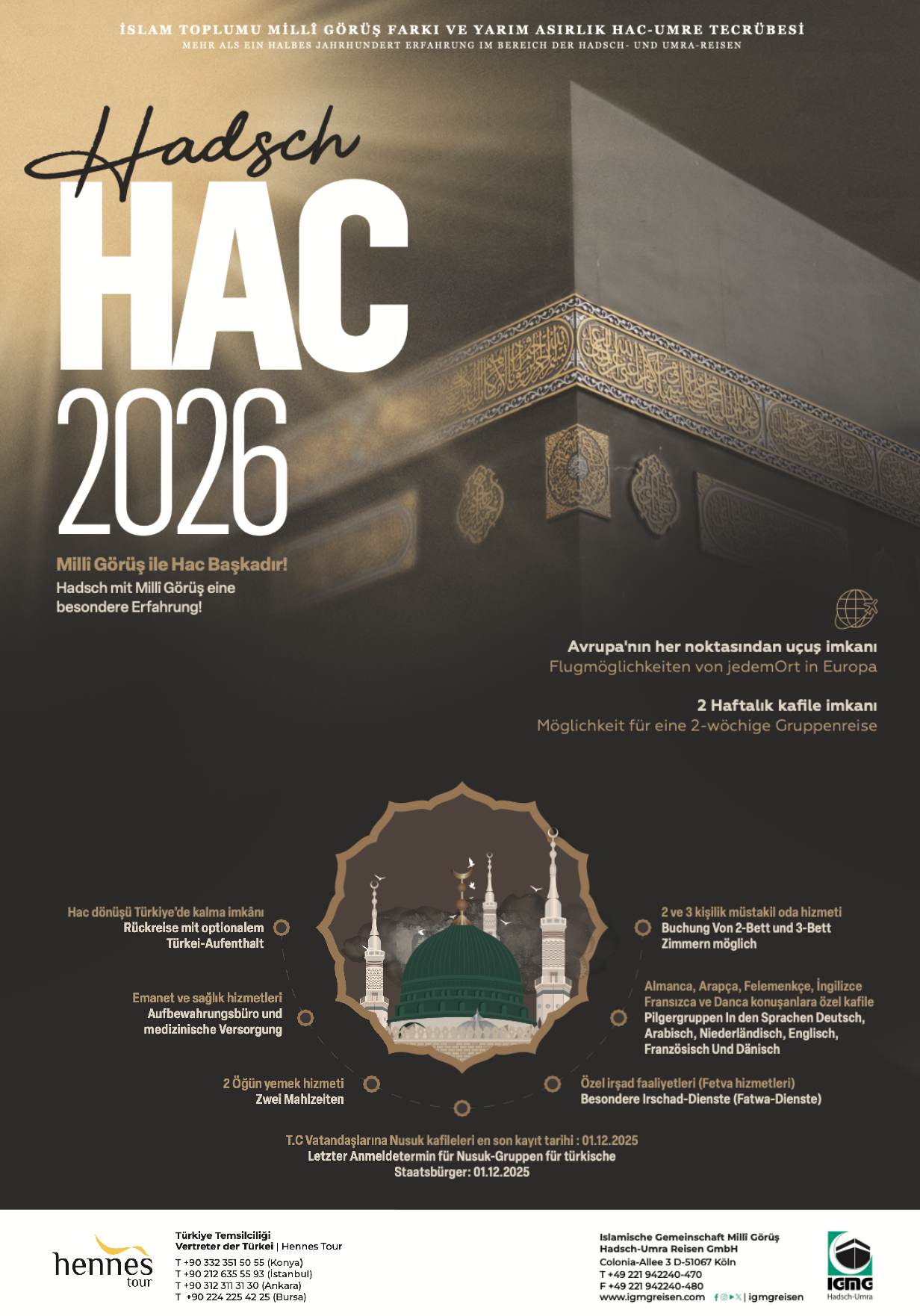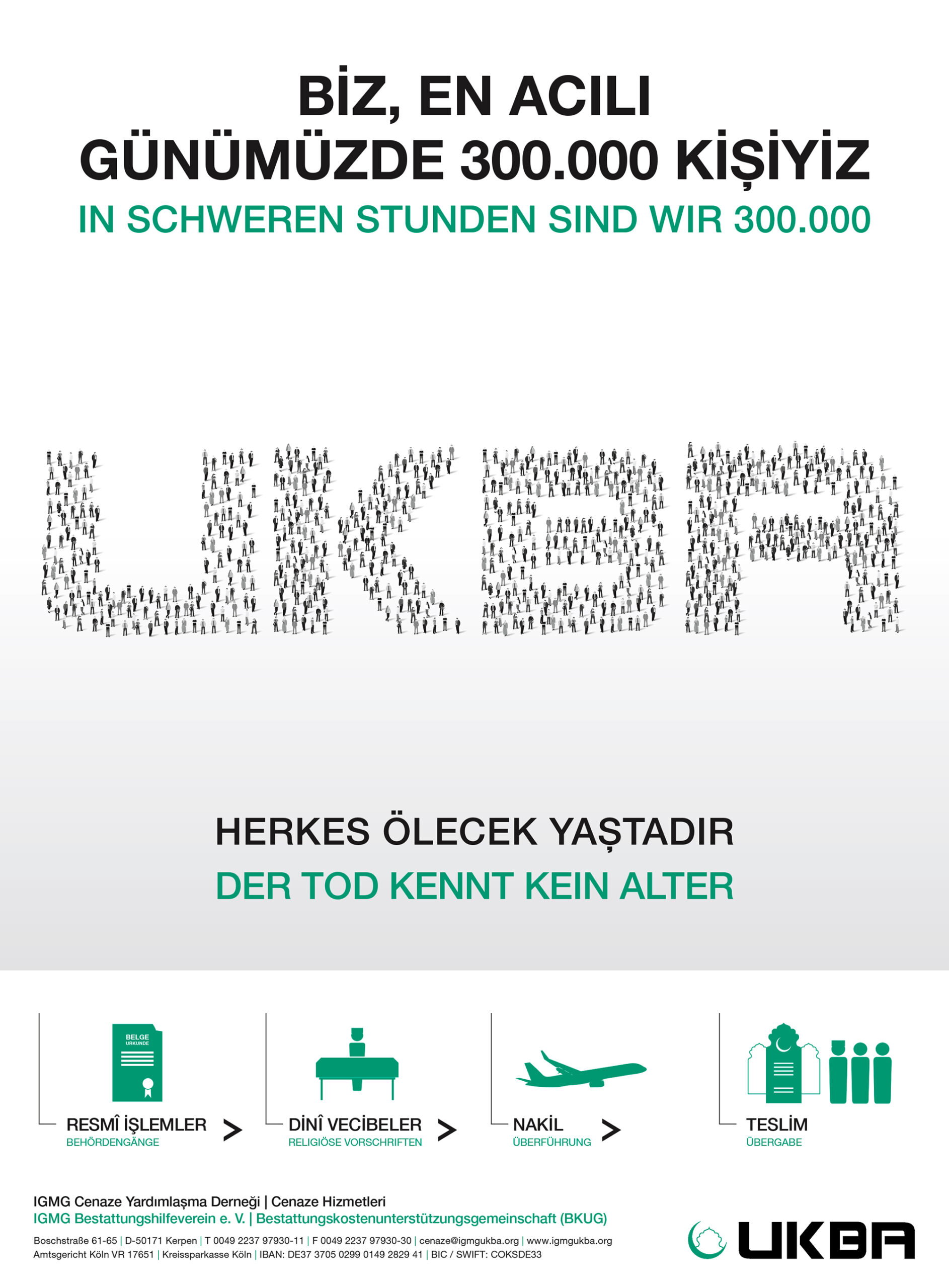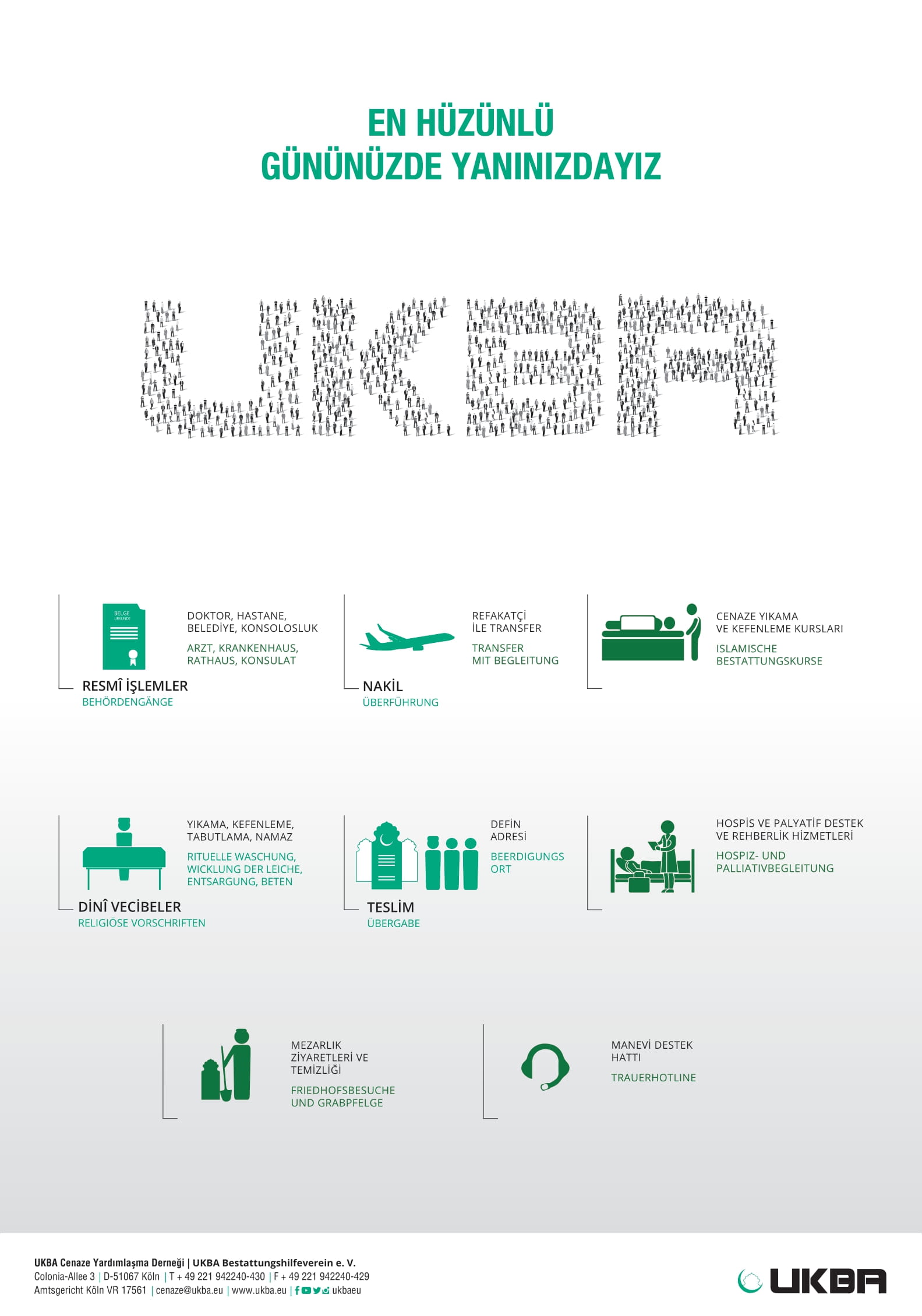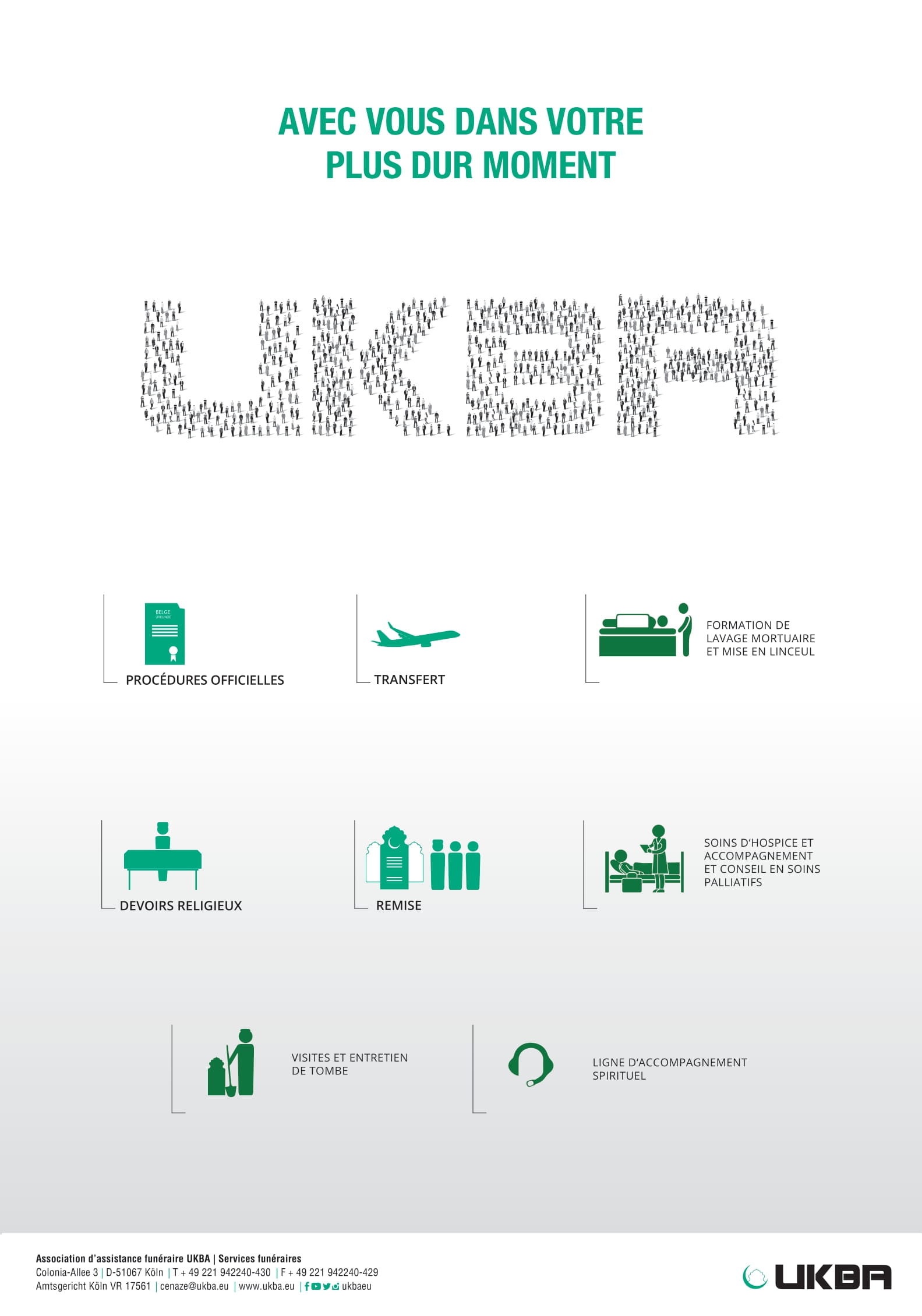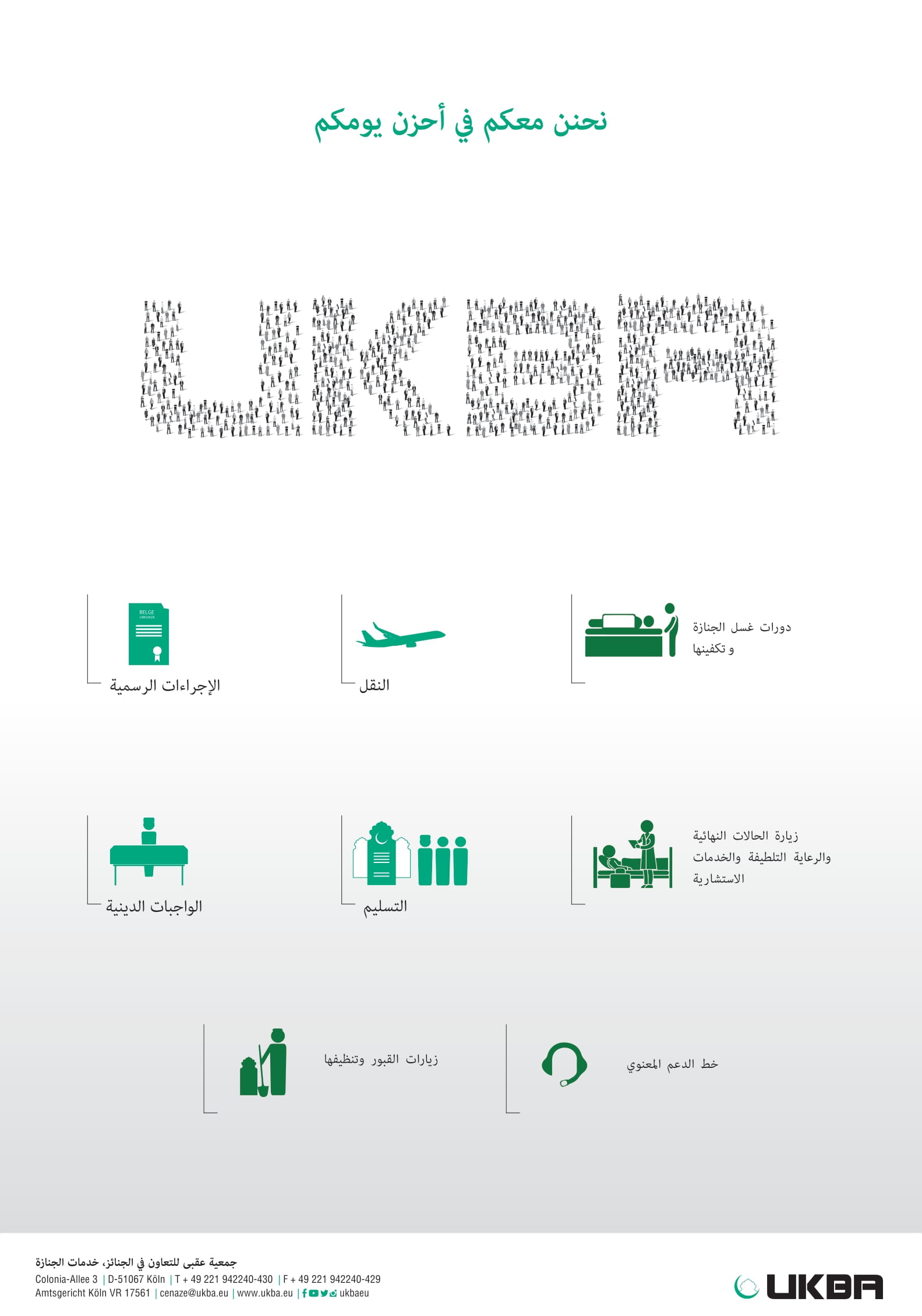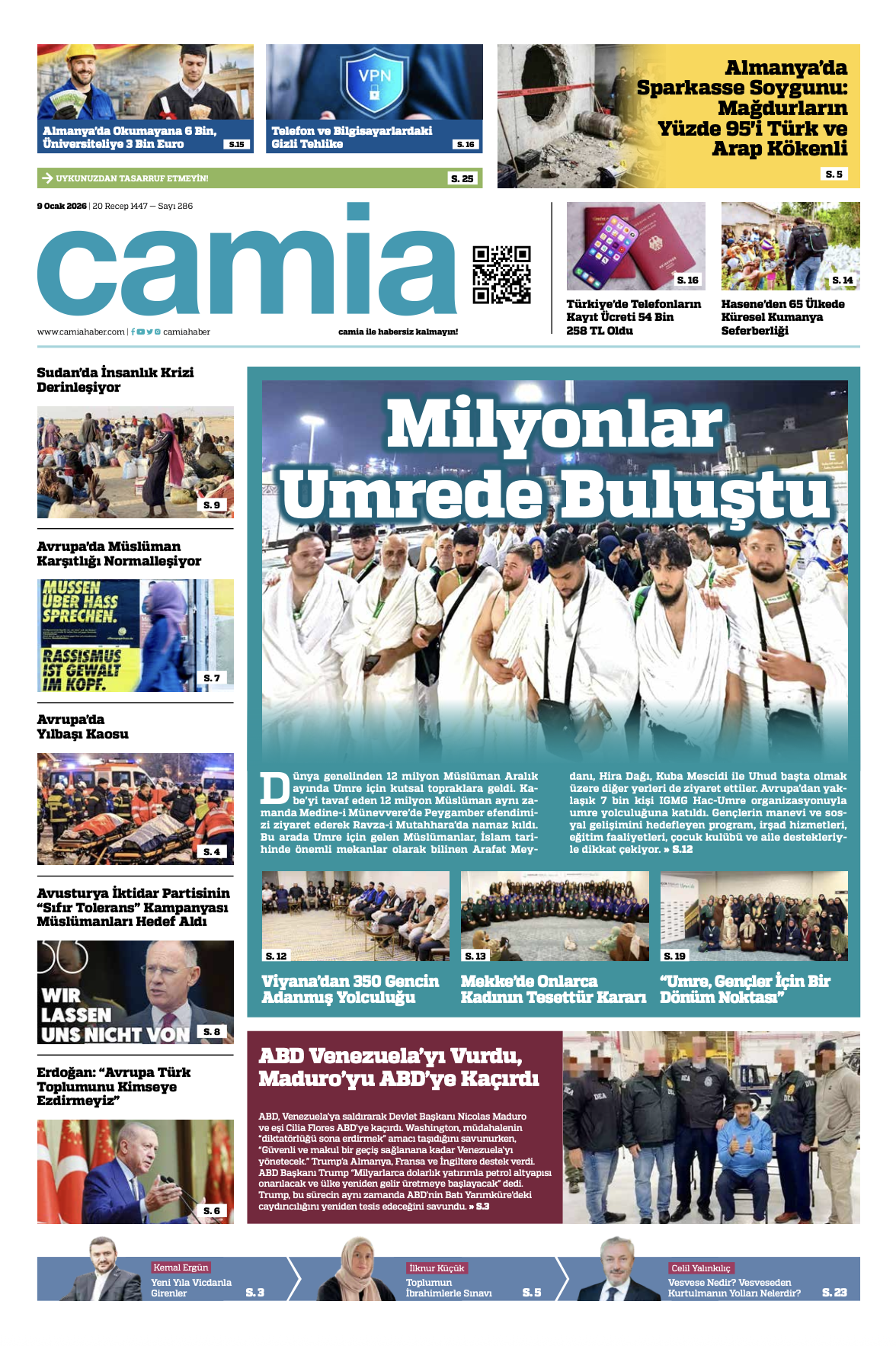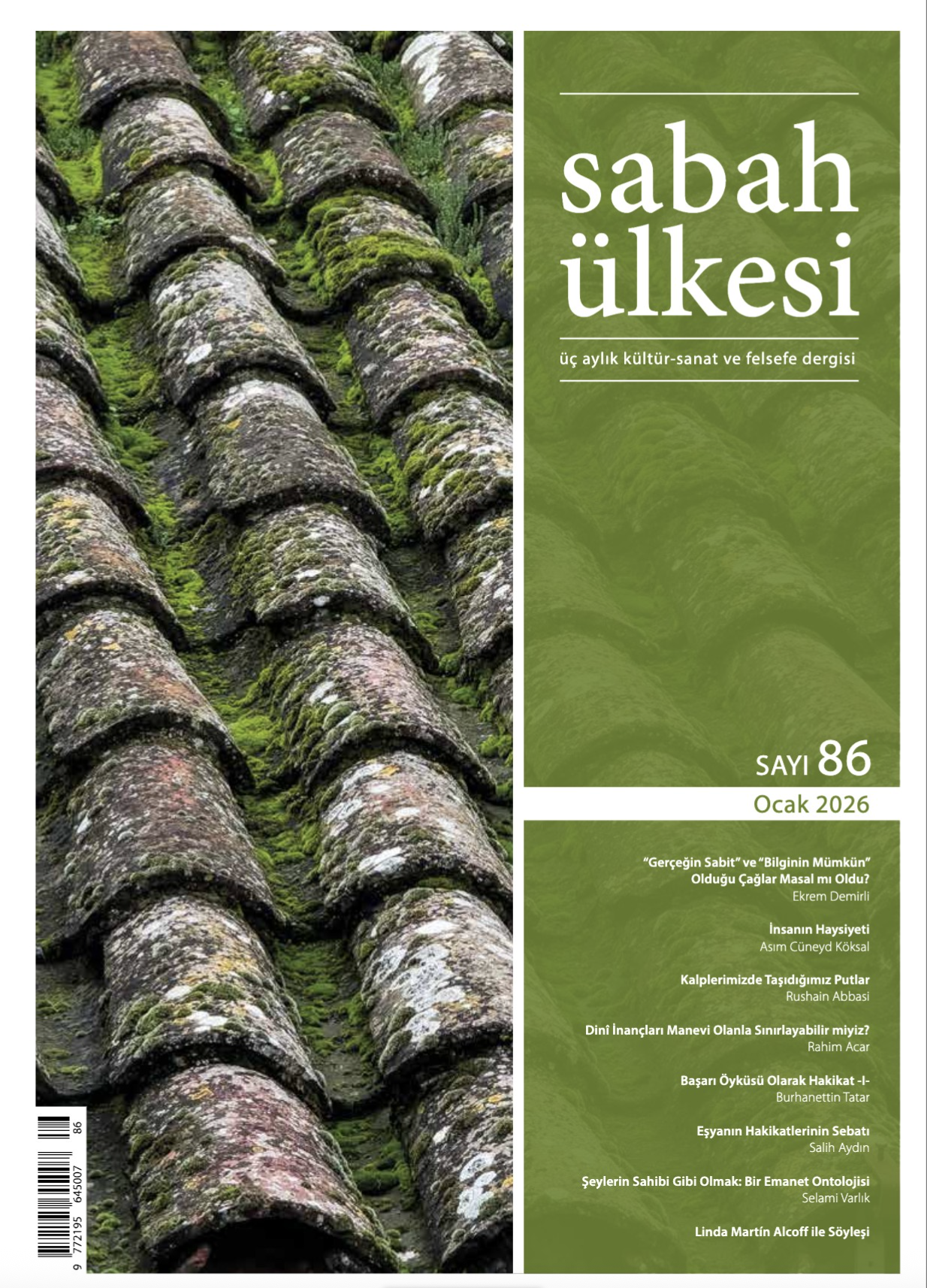Friday Khutba
The Prophet who is devoted to his Ummah
04. September 2025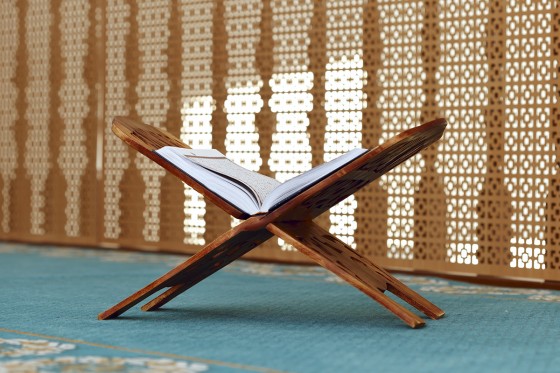
Dear Brothers and Sisters!
Praise be to Allah, who created us from nothing, sustains us with His grace and forgives with His mercy. Blessings and peace be upon our Beloved Prophet Muhammad (saw), the pride of humanity, the essence of existence and the most beautiful manifestation of mercy; upon his family, his companions and all believers who follow in his footsteps. Allah (swt) introduces His Beloved to us in this way: “There has come to you a Messenger from among yourselves; your suffering is difficult for him, he is deeply concerned for you, and to the believers he is gentle and merciful.”[1] Our Prophet was deeply devoted to his ummah. He rejoiced with their joy and grieved with their sorrow. In the darkness of the night, he would fall into prostration with tears, seeking forgiveness for his ummah; in the scorching heat of the day, he would strive for their well-being.
Dear Brothers and Sisters!
The noble Companions would witness his deep concern and vast mercy in every state of his and feel it in every word he spoke. Anas ibn Malik (r.a.), who entered the service of the Messenger of Allah (saw) as a child and remained with him for ten years, described him as follows: “The Messenger of Allah (saw) was the most beautiful of people in appearance and character. I never touched silk softer than his hands, nor smelled a fragrance more pleasant than his scent. I served him for ten years, and not once did he say to me ‘uff.’ He never said, ‘Why did you do that?’ for something I did, nor did he say, ‘Why didn’t you do this?’ for something I left undone.”[2] Another who spoke about the dignity of the Messenger of Allah (saw) and his devotion to his ummah was Hind ibn Abi Hala.
He described him as follows: “He would praise goodness and condemn evil. Everything he did was in moderation. He never refrained from warning the Muslims. He never transgressed the truth, nor did he ever neglect it.” Before the Hijrah, the Messenger of Allah (saw) decided to go to Ta’if, where the tribe of Thaqif lived, taking Zayd ibn Harithah with him. He invited the leaders of the tribe to Islam, but not only did they reject his call, they encouraged the masses of the city to pelt him with stones. His feet bled from the stones, yet in that painful moment, the Prophet (saw) turned to Allah, surrendered to Him and sought His pleasure, praying: “O Allah, guide the people of Thaqif.”[3] The devotion of our Prophet to us was like that of a father to his children. In one hadith he said: “I teach you just as a father teaches his child.” In another hadith, he expressed his devotion to us, saying: “The likeness between me and my ummah is like a man who kindled a fire at night. Moths and insects began falling into it, and I am holding onto your belts to keep you away from it, while you rush into it.”[4]
Dear Jama’ah!
Those who followed Rasulullah (saw) rose from the darkness of humiliation to the light of honor. Through his guidance, they were freed from the ugliness of ignorance. Those who took him as an example spread light across the earth, establishing justice and mercy. Those who walked in his footsteps attained salvation. Thus, throughout history, his light became a torch illuminating the path of the ummah. But today, when we look at the state of the Ummah, our hearts burn. On one side ignorance, on another division and on yet another, the oppressed suffering under tyranny… In Gaza, children are orphans; in Syria, homes are destroyed; in East Turkestan, Muslims are under oppression; in many lands, there is blood and tears. Once saved from the darkness of ignorance through the mercy of the Messenger of Allah, the ummah has, sadly, fallen again into disunity, oppression and ignorance. Yet our prescription for salvation is clear: the Qur’an and the Sunnah. To follow in the footsteps of our Prophet and to walk his path. So let us remember that we are the ummah of a Prophet who was deeply devoted to his people. Let us walk in the footsteps of our Prophet, who illuminated our way with his mercy, compassion and patience. Let us hold firmly to his Sunnah, feel the pain of the ummah and make dua for the oppressed.
May Allah (swt) make us among the servants worthy of our Prophet’s compassion. May He grant His help to our oppressed brothers and sisters in Gaza, Palestine, East Turkestan and every corner of the earth, and accept their duas. Ameen.
[1] Tevbe suresi, 9:128
[2] Buhârî, Savm, 53
[3] Tirmizî, Menâkıb, 73
[4] Müslim, Fedâil, 17
Khutba – english
Khutba – turkish
Khutba – german
Khutba – arabic
Khutba – french






